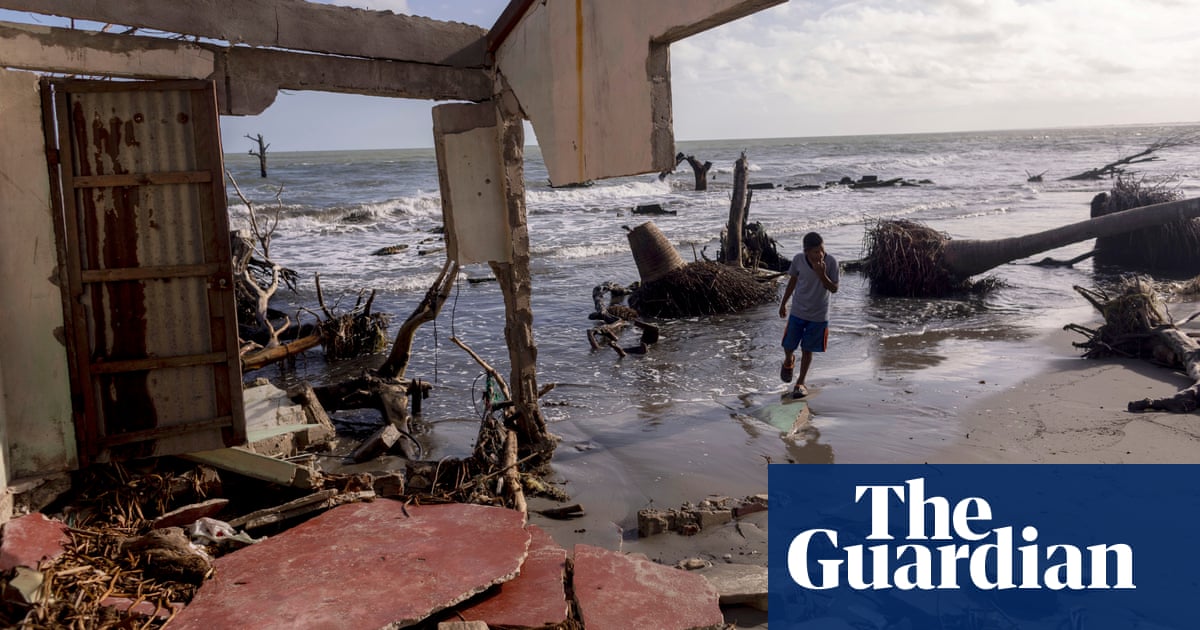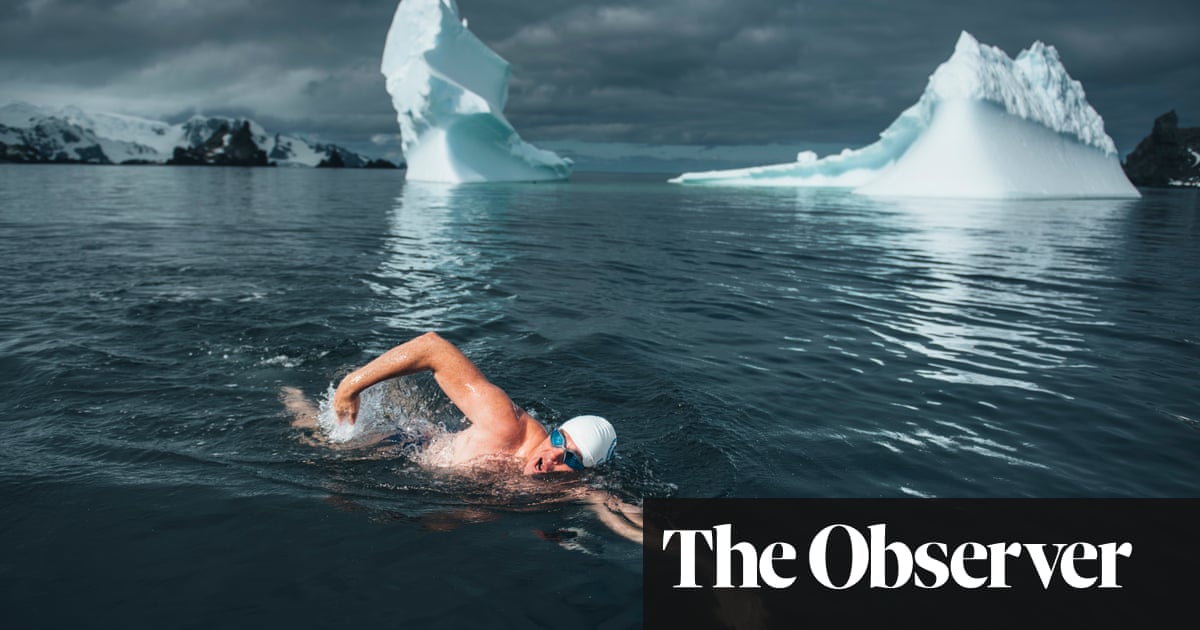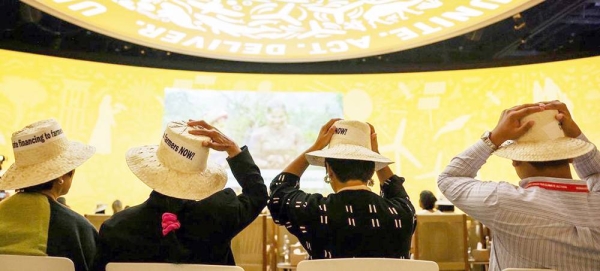
Forty people have kept diaries about their evolving attitudes to the climate crisis and the pursuit of net zero emissions after hearing from experts across the spectrum and reading UK party manifestos. Here some of the participants detail how they expect the government to deal with the issue, and how they are willing to change their own lives.
Sharif, 46, is a homeowner from Leeds who worked for HSBC but lost his job during the pandemic
Conscious of climate change, including saying he has watched the edge of a campsite lose 2 metres to erosion in 10 years
Installed solar panels to power appliances
Cutting down meat consumption
“I feel I’m responsible and can contribute to reaching net zero by just small changes in my day-to-day activities. I feel the local supplier should be supported more by the government by maybe granting them tax-free or a reduced tax on their business rates so they can pass these savings on to us consumers.
“The cost of energy efficiency appliance[s] is much higher than non-energy efficiency, so the non-[energy efficient] appliances are more purchased by consumers, but it should be the other way round. I don’t want a company to make money from it. I want the company to use the money to invest in making it more available to people. It’s not about profit, it’s about us coming together.
“Is there another way we can get everyone on board to reduce climate change without glueing ourselves to roads? I feel this action is very drastic and can really inconvenience people going about their everyday lives.
“Public figures need to [lead] by example by showing us there are alternative systems/ways of transport that help keep our carbon footprint at zero or very low. If we are politicians, my free gift is that I am going to lead by example. If I have to go to a meeting that is less than 10 miles from my home, I will walk, I will take a bicycle, more sustainable mode of transport. If I can do it, you can too.”
Keeley, 34, lives in social housing in Leeds and works part-time as a sales assistant
Knew little about climate change but had noticed changes in the weather
Feels she is not affected herself but is a little concerned about what she has seen on the news
Very pessimistic about the UK reaching net zero by 2050
“How is everyone expected to own an electric car by 2040 when a lot of people are living paycheck to paycheck? There’s so many people in my city that need houses and things like that. So how are you going to explain to people that they need to pay extra to get this boiler, when there’s people that don’t even have houses? You know, we call ourselves a rich country. But how?
“After everything with the pandemic I don’t really have much faith in the government to carry out what they say they will.
“Depends on the area you live in, if I protested in my area about climate change, I think I’d end up having things thrown at me! You have to go about it differently in different areas.
“[On Insulate Britain] I think it’s good what they’ve done, I’d never heard of them before, they’re getting heard and getting talked about. People are then going to start to look into who are they, why are they doing this, so I think it’s a good way to get the message out there. I don’t know how much change they will have created. Also people might worry what is coming next!”
Adam, 32, is a private renter in Staines who works as a recruitment consultant
Has noticed changes to the weather and partner has gone meat-free for the environment
Classifies himself as 2/10 concerned about the environment
Has tried to eat less meat and cycle where possible and is concerned about future for his young son
“We could take inspiration from the suffragettes for instance, who went through a period of real hardship and will be remembered forever for doing the hard things for the right reason, for the right change.
“I can’t see a way, if we’re going to be carbon neutral and we’re going to change how we behave around carbon, that the western/northern hemisphere countries aren’t going to have to drastically adjust how they live.
“I understand why the people in positions that are making these decisions don’t want to seem the bad guy and say ‘no, you will be worse off’ but isn’t it better that we have the stark reality that we do need to change, and we do need to reduce [emissions] and reimagine how we live our lives or we’re not going to be realistic.
“I would like a radical approach, where instead of slowly tiptoeing towards those emission goals, [we] set a very hard reduction and then spend the next 10 years learning to live with them, using the added impetus for innovation to increase the quality of our lives under those restrictions rather than trickle down towards them.”












